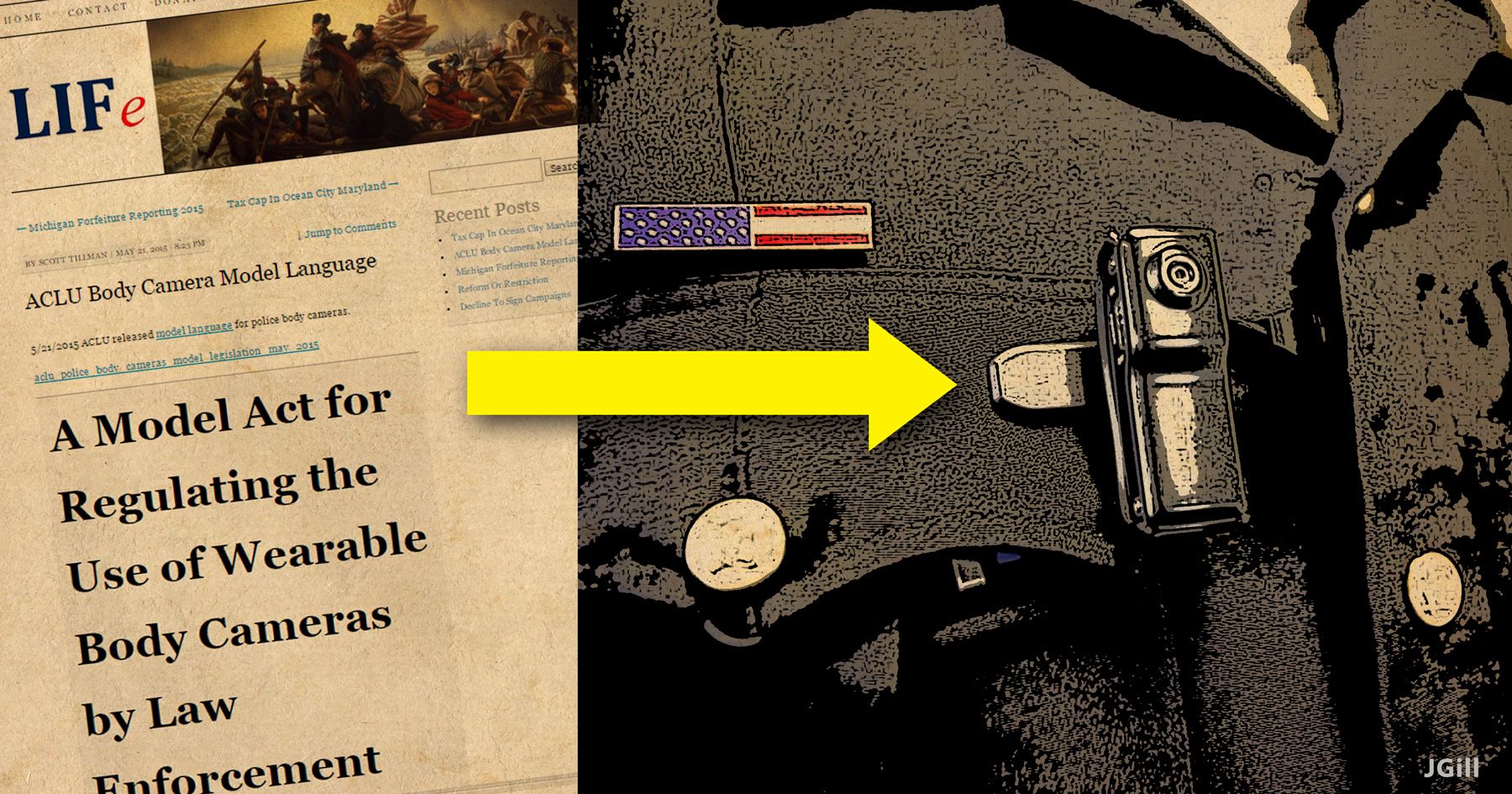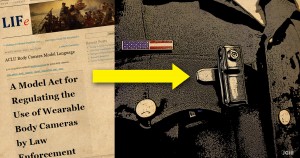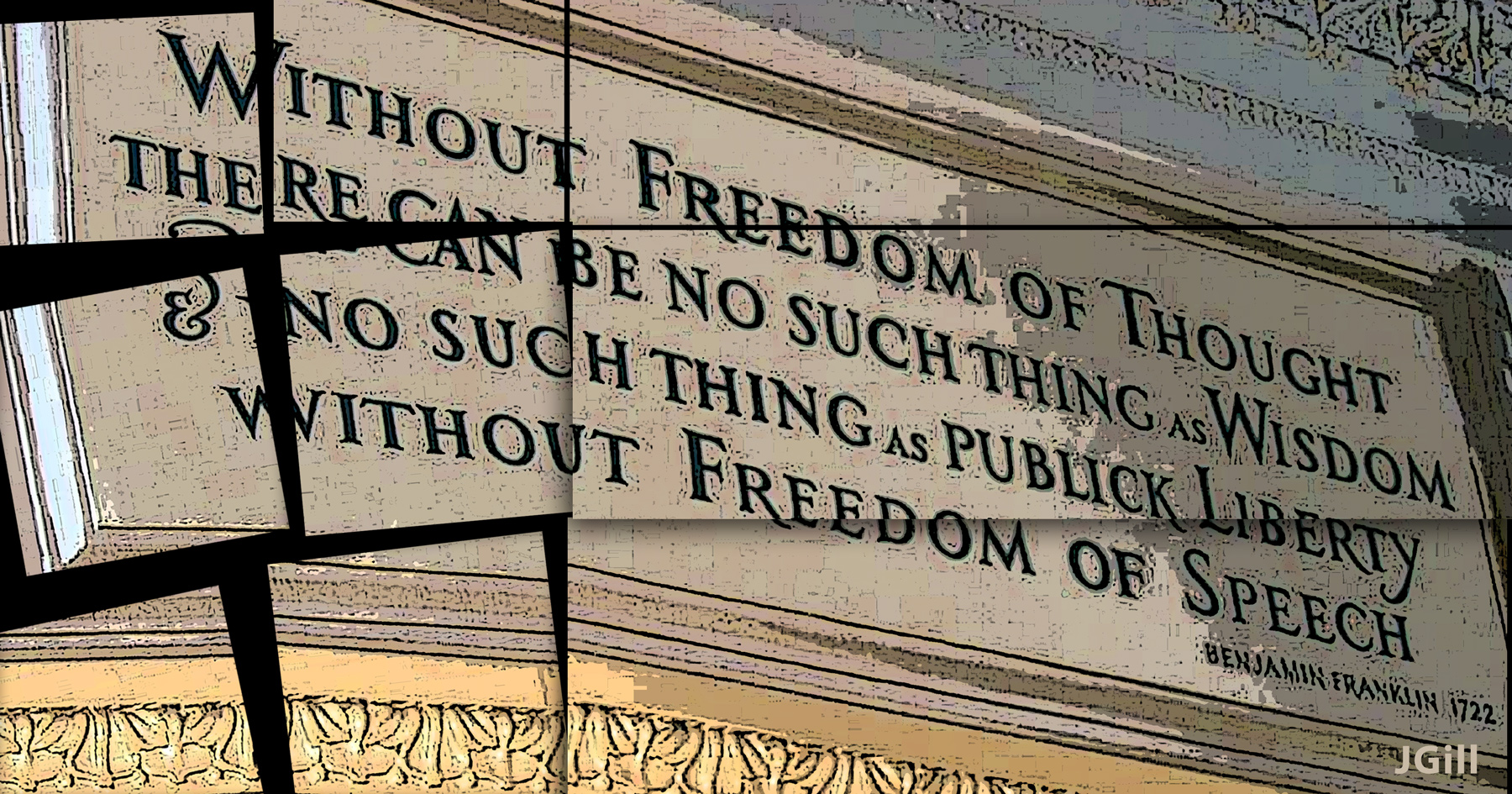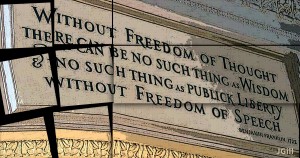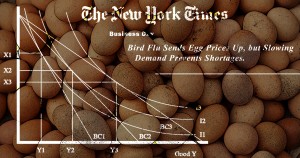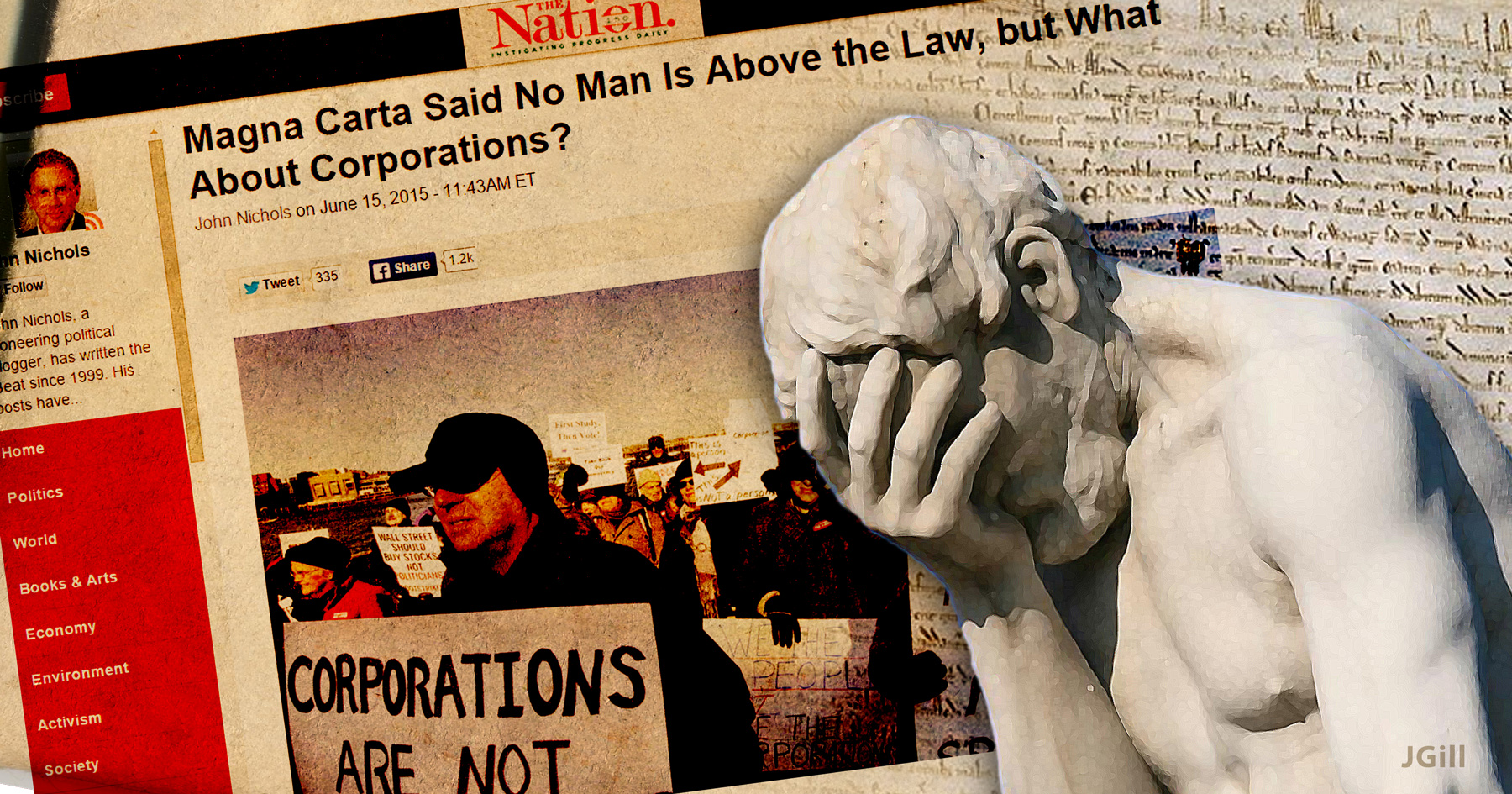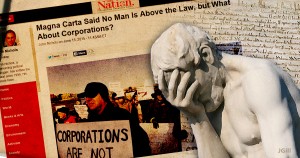The Missouri General Assembly adjourned its 2015 legislative session about a month ago, “having passed,” The Washington Post reported, “virtually none of the changes activists sought in the aftermath of the shooting of Michael Brown.”
“Nothing has changed,” acknowledged State Rep. Clem Smith.
The Post story concluded, “Advocates plan to use the results of a state commission on Ferguson, expected to wrap up its work in the coming months, to engage lawmakers during the summer and work with them on pre-filing bills for the next session.”
Wait … until next year?
Denise Lieberman, a senior attorney for the Advancement Project and co-chair of the Don’t Shoot Coalition, conceded that, “Long-term policy change takes time.”
Hmmm, experience tells me “time” isn’t always a friend to reform. Political change can happen incrementally, of course, but more often it rushes forth when people have both had enough and decide to take the initiative.
Ahem — I’m talking about the ballot initiative.
No waiting.
This afternoon, a committee of seven Ferguson, Missouri, citizens, led by Nick Kasoff, will file a ballot measure to require on-duty Ferguson police to wear body cameras. The charter amendment also mandates greater transparency for criminal justice information, while providing privacy protections.
Liberty Initiative Fund, where I work as president, is proud to have provided the Ferguson group with model language. We’ll also work with Kasoff on gathering the roughly 2,500 signatures of Ferguson voters on petitions required to place the issue on the ballot and win early next year.
You don’t have to wait, either. Liberty Initiative Fund helps people across the country take the initiative.
This is Common Sense. I’m Paul Jacob.
